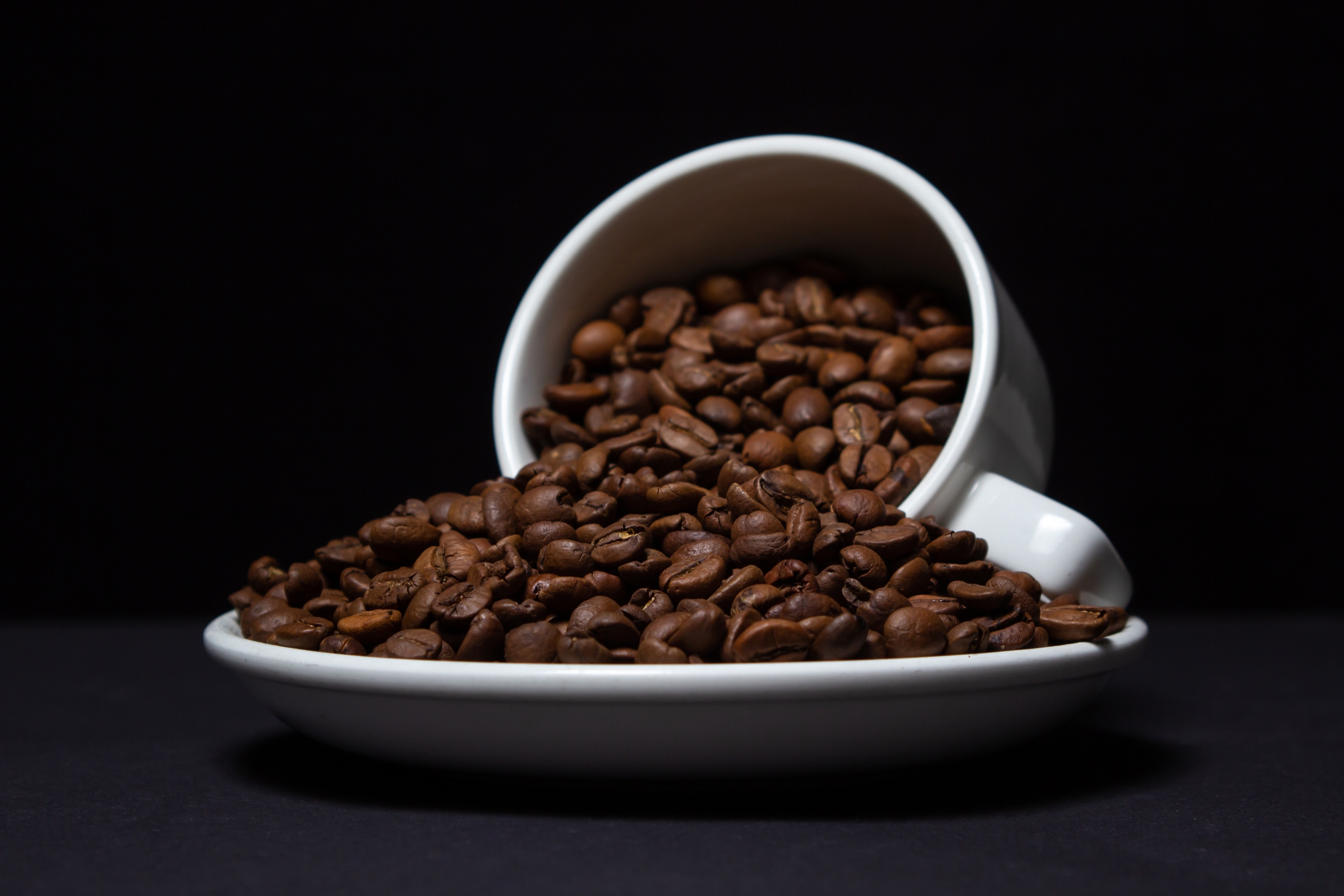If you’re having trouble falling asleep, that double espresso you’re having after dinner might be the culprit. Time after time, studies have shown that the effects of caffeine can delay the timing and the quality of sleep, which is why you might find yourself reading this article with half your eyes open. And if you’re one of those who argue that coffee makes you sleepy, you’ll soon understand why coffee consumption is still not a good idea a few hours before going to bed.
Adenosine, Coffee, and Sleep: Effects of Coffee
Caffeine works by blocking some of the chemicals in your brain that promote sleep. One of these chemicals is called adenosine, which builds up in your brain while awake, making you feel drowsy.
Slow-wave sleep, a crucial part of feeling refreshed and rejuvenated the following day, is negatively impacted by caffeine consumption. People who fall asleep despite drinking a cup of coffee experience only low levels of Non-Rapid Eye Movement Sleep or NREM sleep. Coffee affects sleep architecture, never allowing a person to get deep rest. This is why we find ourselves tired the following day and reach for another cup of coffee, which then affects our sleep at night – continuing this vicious cycle.
How Long Before Bed Can I Drink Coffee?
According to studies, the recommended time to drink your last cup of coffee is around 8 hours before bed. Monitoring your coffee intake might be good if you struggle with sleep. Try with an 8-eight hour cut-off at first; if you still can’t sleep, try avoiding coffee 10 or maybe even 12 hours before bed.
Why Coffee Might Make Some People Feel Sleepy
Regular caffeine use can disrupt sleep, leading to a vicious cycle. When you consume caffeine, it can worsen your sleep deprivation, and in turn, sleep loss can cause drowsiness the next day, prompting you to consume more caffeine to cope. However, continued sleep deprivation can cause daytime sleepiness that even caffeine can’t counteract. That’s why some habitual caffeine consumers may still feel sleepy even after consuming their daily dose.
How Much Coffee Is Too Much Coffee: Dose of Caffeine
Caffeine is typically found in beverages, but it can be hard to know the exact dosage of caffeine in a specific drink, particularly in beverages that do not have a label. The Food and Drug Administration (FDA) recommends adult coffee drinkers consume only up to 400 milligrams of caffeine per day. Since people can respond to and metabolize caffeine differently, some individuals may need to consume less caffeine than others.
Is Your Daily Caffeine Intake Affecting Your Sleep: Telltale Signs
Difficulty falling and staying asleep, nausea, upset stomach, headaches, a decline in cognitive performance, and other mental health issues could be signs of caffeine overuse or dependence. If you feel sleepy and have low energy levels during the day and morning coffee is not helping, it may be a sleep disorder. Talking to your doctor about sleep disruptions would be a good place to get personalized recommendations.
Reducing the dose of caffeine might help counter the negative effects of high levels of caffeine, such as insufficient sleep, headaches, anxiety, and bad mood.
Ditch Your Cup of Coffee: Other Ways To Stay Alert During The Day
- Sunlight exposure in the morning: Our body’s circadian rhythm responds to light with increased alertness and wakefulness.
- Sleep Habits: Setting a time you can stick to every night to fall asleep is a great way to improve your sleep quality. Apart from this, avoiding blue light emitted from screens, avoiding bright lights a few hours before bedtime, and practicing meditation can be helpful, according to studies.
- Exercise: Working out is a great way to increase noradrenaline, which in turn helps to increase focus and alertness.
- Daytime Napping: A short nap doesn’t compensate for a lousy night of sleep, but it can help to somewhat reduce the adverse effects of poor sleep.
Wrapping Up
Caffeine need not be your enemy to getting a good night’s slumber, but it is essential to be mindful of the timing and dosage. Caffeine is a widely used stimulant that, when used in moderation, is safe and beneficial. That said, if you feel that your caffeine intake is affecting your sleep time and sleep efficiency, it’s best to cut back on the cups of coffee you’re drinking.




